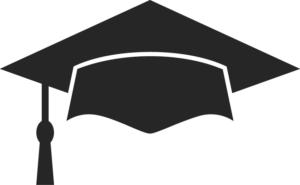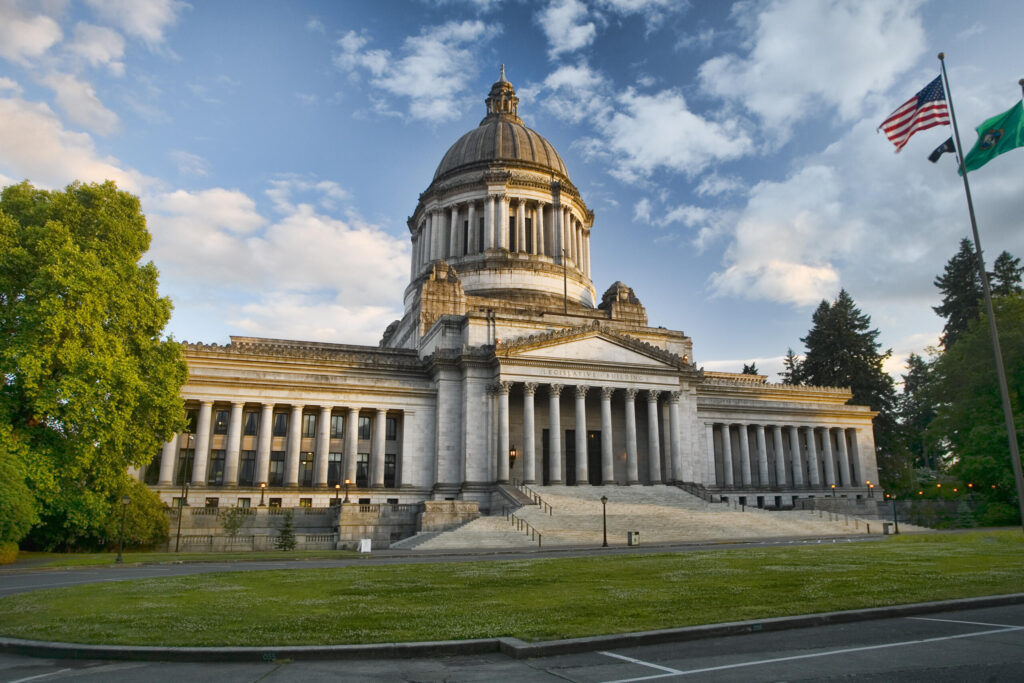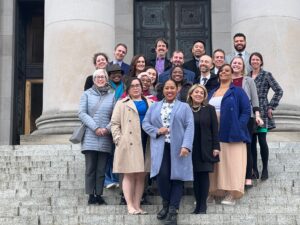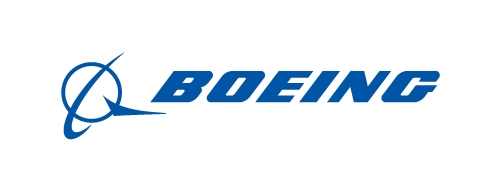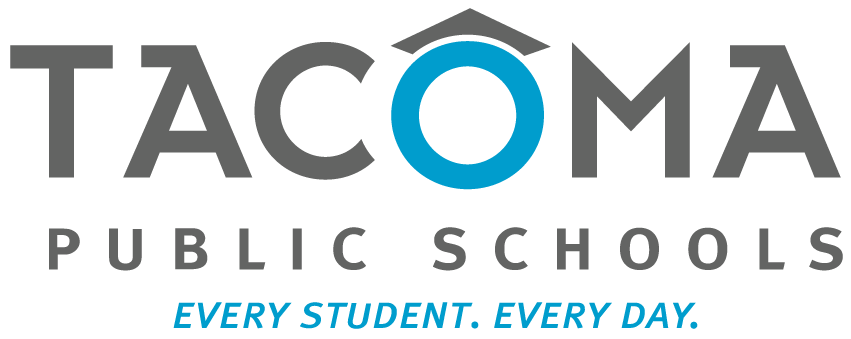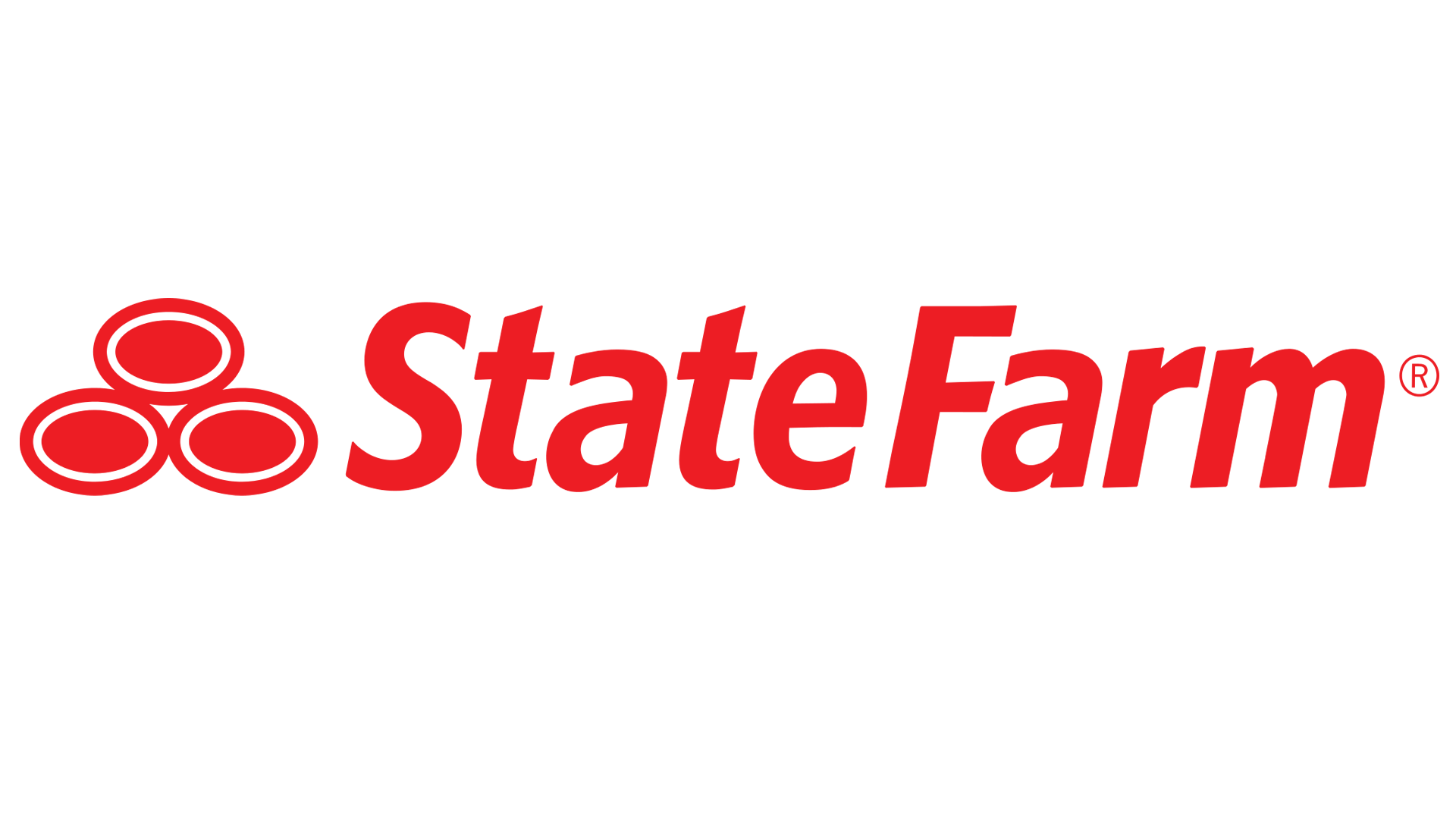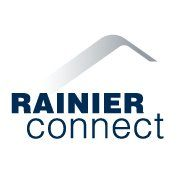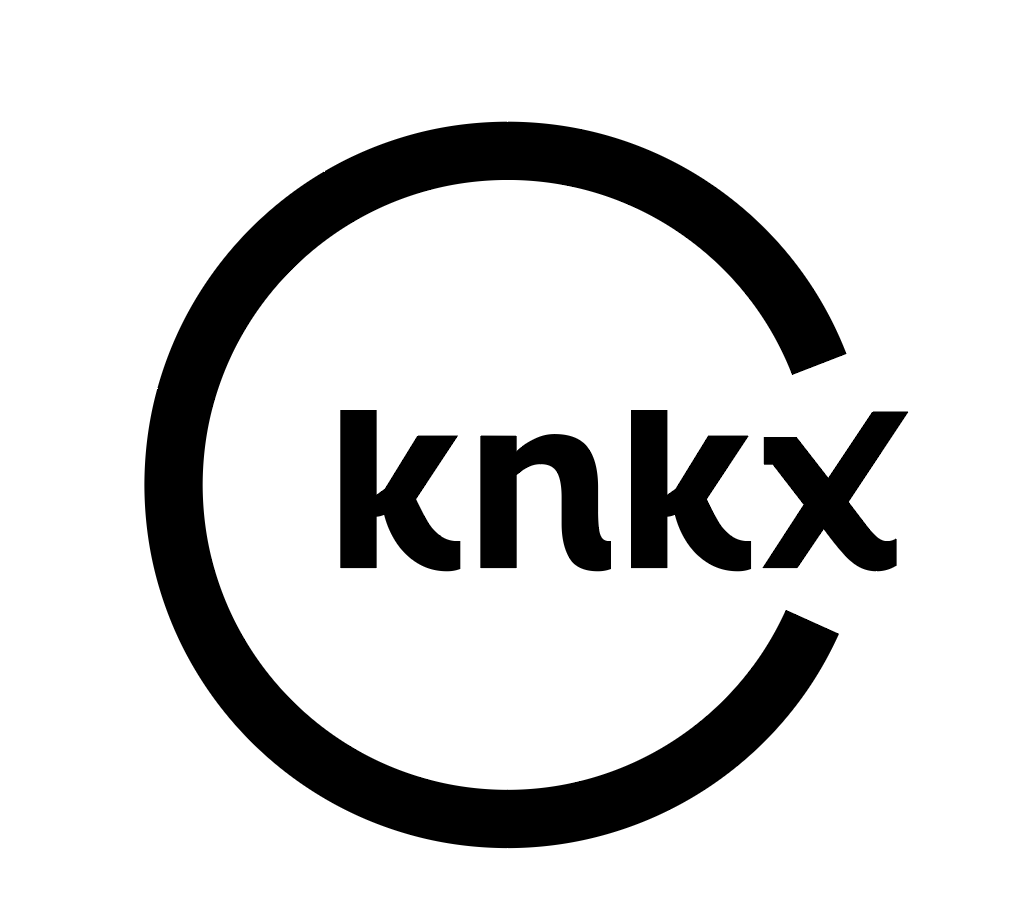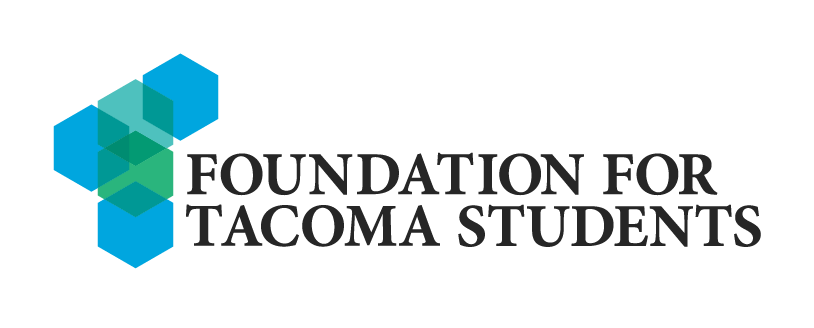The legislative session in Washington is now officially open, and at the Foundation for Tacoma Students (FFTS), we are gearing up to navigate through the intricacies of this year’s policies and budget discussions. Washington’s legislature operates part-time, with session lengths alternating each year. The 2024 session is a “short-session,” lasting just 60 days, a time frame that sets a brisk pace for legislative activities. For a thorough understanding of the State Legislature’s workings, we suggest exploring this piece from the Washington State Standard for a complete 101 primer on the State Legislature.
In this limited 60-day window, the scope for new policy and budget modifications is constrained. Nevertheless, significant legislative work is anticipated. This is especially pertinent given that state revenue collections have seen a notable increase of approximately $1.2 billion since the last state budget was set. This financial uptick requires swift and strategic decision-making from both the Governor and the Legislature.
As we delve into the session, FFTS is closely monitoring a range of critical education policy issues. Our commitment is to provide continual analysis and commentary on the developments each week, advocating for policies that align with our policy platform.
STAY INFORMED WITH THE UPDATED BILL TRACKER
An essential tool for following legislative developments is our 2024 Bill Tracker. We encourage you to bookmark this resource and visit it regularly to track education-related bills as they make their way through the legislature, prioritizing those deemed high or medium priority. The tracker will be regularly updated to include any legislative changes in child care, early learning, K-12, higher education, and workforce development.
LEGISLATIVE CHECK-INS
We also invite you to participate in our bi-weekly legislative session briefings. These briefings will keep you informed about changes in education policy and provide avenues for advocacy.
KEY EDUCATION POLICIES THIS LEGISLATIVE SESSION
College Enrollment Challenges
Surveys and student polls consistently reveal that most students in Washington aspire to pursue higher education after high school. However, postsecondary enrollment rates are lagging behind these aspirations, particularly after recent declines. This discrepancy calls for a closer examination of the underlying causes and potential solutions.
The definition of “cost” is nuanced and unique with every student. For many in middle-income households, the gap between tuition and available financial aid stretches beyond what some prospective students can afford. For some, the true cost of college (after financial aid) is simply unclear, making the transition to higher ed seem unaffordable. When deciding on the value of a college degree, students must often wrestle with the tradeoff between entering the workforce and earning money versus upfront payments for tuition.
A critical policy approach is to invest financial aid accessibility. Expanding opportunities for financial aid can significantly reduce the net cost of postsecondary education and alleviate out-of-pocket expenses for students. Our latest Making the Case Report: A Policy Blueprint to Increase Financial Aid Uptake, aims to catalyze policy momentum in this area.
K-12 And Higher Education Alignment
Recent years have seen significant strides in aligning secondary, postsecondary, and workforce systems. State-level policy changes now make it easier to take college courses in high school. Additionally, investments in career and technical education programs by Tacoma Public Schools are helping to bridge funding gaps.
During the 2024 legislative session, we anticipate bills focusing on improving access to the Washington Guaranteed Admissions program, expanding career-oriented high school programs, and simplifying the transition from high school to college. These changes are crucial for a seamless K-12 to higher education transition.
Universal Free School Meals
The initiative to make school meals free for all K-12 students, regardless of household income, has gained popularity. In 2023, the legislature expanded free meals at the elementary level. There is already legislation introduced in the House and the Senate that aims to extend free breakfast and lunch to all students who request it, reflecting a growing trend toward universal free school meals.
Funding Public K-12 Education
Legislative bodies frequently propose bills to modify the funding of public K-12 education at the state level. In 2023, the primary focus was on funding for special education services. For 2024, the legislature is set to consider several different areas of K-12 education funding. This includes allocating funds for school building and capital improvements, which are particularly crucial for low-income and predominantly rural school districts. Additionally, the possibility of salary increases for paraeducators is being discussed. Further investment in special education funding is also slated for reconsideration.
The issue of allowing public charter schools to apply for state grants on the same terms as school districts presents a politically sensitive challenge. Although public charter schools constitute a small portion of Washington’s K-12 system, with only 19 currently operating statewide, they have shown impressive results in serving students. Nevertheless, this topic has been contentious, particularly among many Democrats. It will be intriguing to observe how this seemingly minor adjustment to K-12 funding unfolds in 2024.
2024 Elections and Education
Once the legislative session concludes in early March, attention will shift to the political landscape of the 2024 elections. In the legislature, all House members and half of the Senate members are facing reelection. Additionally, 2024 marks Governor Inslee’s final year in office, setting the stage for an intensifying race for his successor.
The Superintendent of K-12 schools election is particularly significant and crucial for our policy initiatives and interests in education. Incumbent Superintendent Chris Reykdal is vying for a third term and it will be interesting to see who emerges from the August primary election.
Looking Ahead to 2025
Following the 2024 elections, attention will turn to the 2025 legislative session. This session will be an extended one, primarily focused on budget writing. This period represents a critical time for shaping the future, with the aim of harnessing the energy and direction set by the 2024 elections and the new biennial budget. Our hope at the Foundation for Tacoma Students is that education policy will gain prominence as a key area of focus. We anticipate that the groundwork laid in 2024 will pave the way for us to collaboratively address education policy challenges, fostering stronger partnerships in the coming years.
